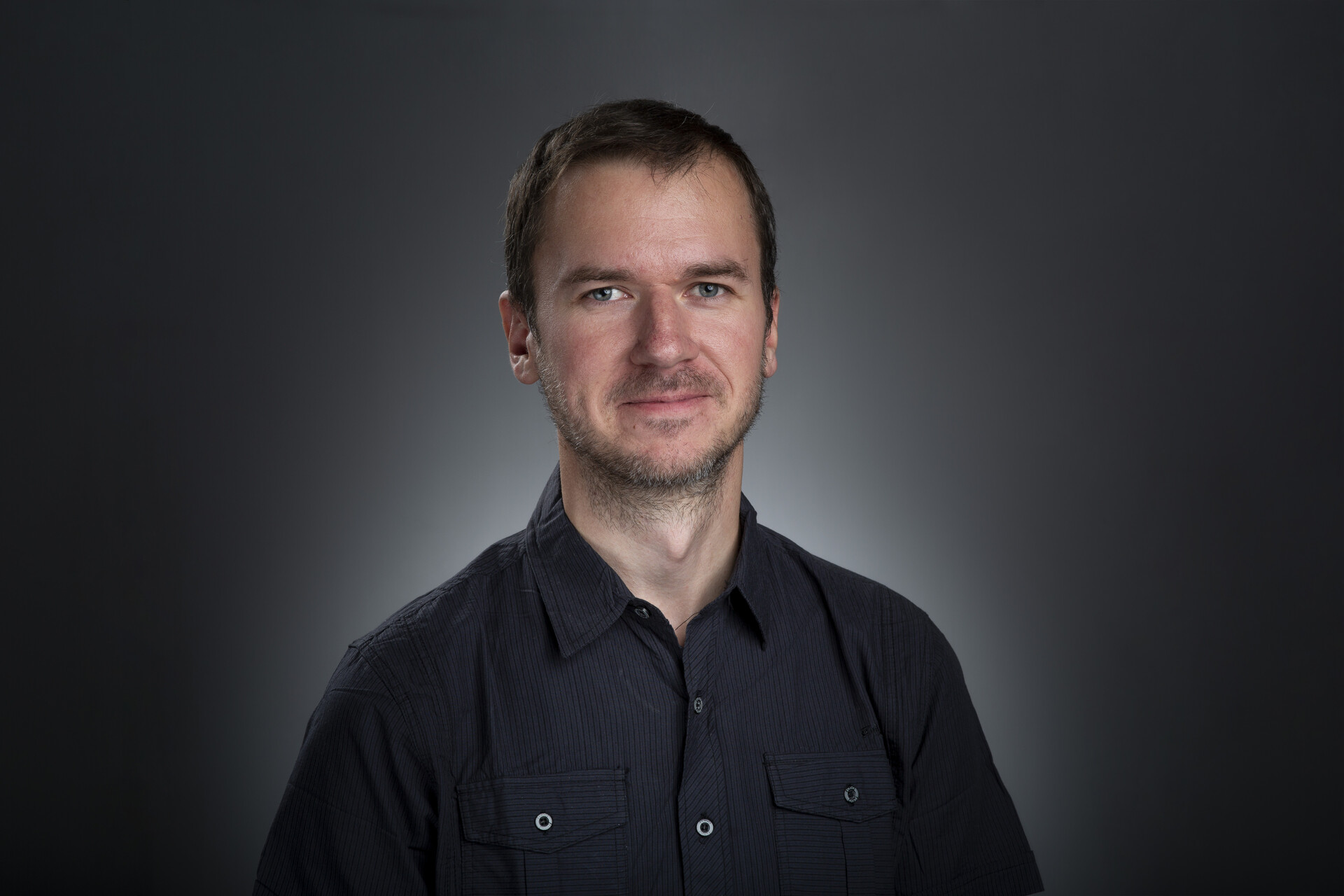

On May 10, 2023, the results for the next, Second Observing Cycle of the James Webb Space Telescope (JWST Cycle 2 GO) were announced. Of the 1,602 submitted applications, less than 250 were accepted. Our employee, Dr. Bartosz Gauza from the Institute of Astronomy. prof. Janusz Gil UZ is part of the international team whose proposal has been accepted. Their project received exactly 7.66 hours of observing time at JWST, and the goal will be to perform spectroscopy of the brown dwarf WISEA 1534-1043, also known as "The Accident".
The team to which Dr. Gauza belongs consists of a total of 27 astrophysicists from around the world (19 from the USA, 4 from Spain and 1 each from Canada, France, Great Britain and Poland). The project leader is Dr. Aaron Meisner from the National Optical-Infrared Astronomy Research Laboratory - NOIRLab in the United States. Dr. Gauza is not only an employee of IA UZ, but also a graduate of IA UZ. In 2011, he completed his master's degree in computer astrophysics. Since 2012, he has been searching for and studying brown dwarfs and massive extrasolar planets using optical and near- and mid-infrared imaging and spectroscopy methods.
In 2016, he obtained his PhD from the Canary Institute of Astrophysics (IAC) in Tenerife, and as a postdoc he worked in research centers in Chile (Faculty of Astronomy, University of Chile in Santiago de Chile) and in Great Britain (Astronomical Research Center of the University of Hertfordshire). He became a research employee of IA UZ in 2019.
The research team's approved project focuses on one particular substellar object - WISE J1534-1043. The information collected so far indicates that it is most likely the coldest brown dwarf found so far, belonging to the oldest (about 10 - 12 billion years old) population of the Milky Way's halo, and its temperature is estimated at less than 400-500 K, or about 130 degrees Celsius. It was initially spotted in 2021 in data collected by the Wide-field Infrared Survey Explorer (WISE) space observatory by Dan Caselden, a security engineer participating in the citizen science project Backyard Worlds. The object with the catalog name WISEA J153429.75-104303.3 was also called "The Accident" because it was detected somewhat by accident and turned out to be an extremely mysterious and difficult to study object, significantly different from its standard counterparts of the known population of brown dwarfs (Kirkpatrick et al. 2021, ApJL).
WISE J1534-1043 is extremely dim even by brown dwarf standards and virtually unreachable by the largest ground-based telescopes. The capabilities of the James Webb Space Telescope will allow detailed spectroscopy of this object. The team will use two spectrographs, NIRSpec and MIRI, to obtain spectrum over the full available range from 1 to 21 microns. Accurate measurement of the energy distribution and examination of the spectral features will allow us to verify the actual nature of this object, determine basic physical properties such as brightness and, therefore, effective temperature, and confirm low metallicity. The results that the team expects to obtain thanks to the observations made by JWST will allow us to finally determine whether we are dealing with the first known so-called a subdwarf of the Y spectral type, created in the initial stages of the formation of the Milky Way, having a primary, unprocessed chemical composition poor in heavy elements. The collected data will also open a new path to the development of the next generation of theoretical models of the atmospheres of brown dwarfs and extrasolar planets, describing the chemical composition, structure and properties of the existing dust clouds for low metallicities and extremely low temperatures.
Summary of the project in English is here.


